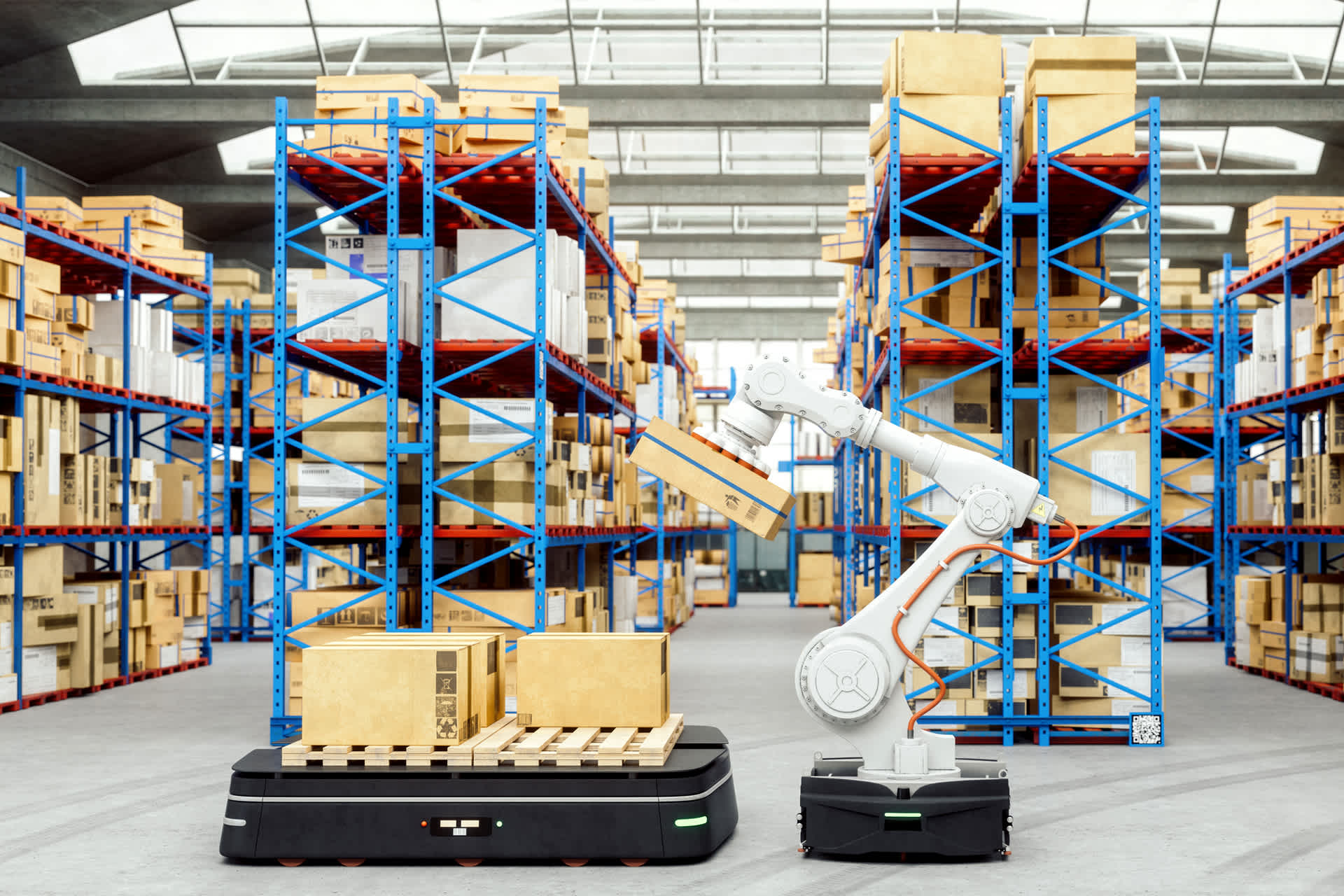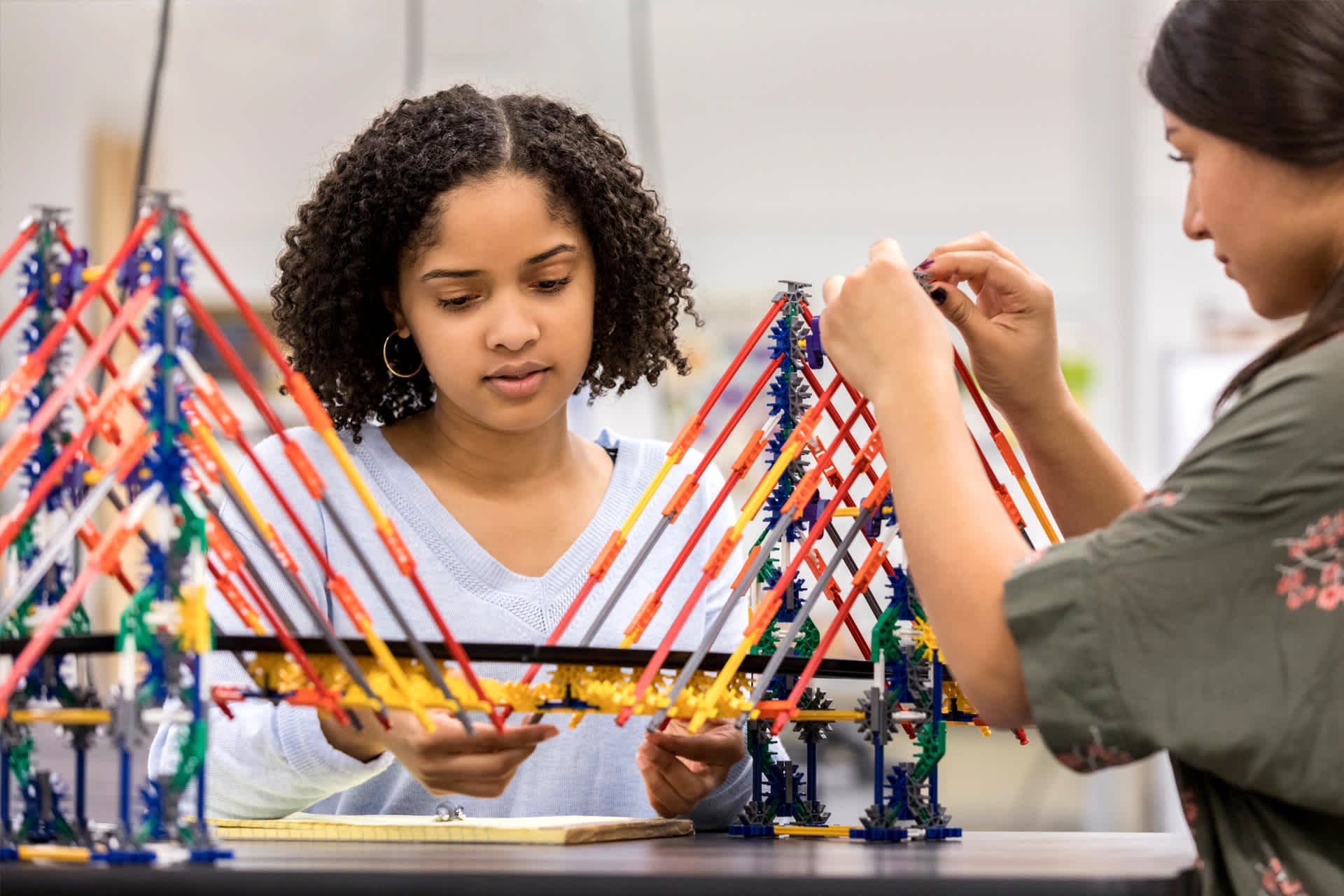Careers of the Future

Drone pilot. Eco builder. Virtual currency advisor. Robot trainer. Space chef. Urban farmer.
A kid in the 1980s wouldn’t have dreamed of jobs like these. But for the kids of today, these jobs will be possible. In a 2017 World Economic Forum report, experts wrote that 65% of children entering primary school that year might have jobs that did not yet exist.
How do you prepare for a career that won’t be possible for another 20 or 30 years?
Beth Krawczuk, a STEM advocate and senior IT specialist, has an answer. “The solutions to our most pressing problems,” she says, “will require the skills of engineers, computer scientists, climate scientists, and virologists, and the perspectives and approaches that come from diverse minds.”
This means that today’s kids can prepare for an unknowable future by building skills that will take them into the next hundred years. STEM skills, creativity, adaptability, leadership, and the ability to collaborate will get you ready for the new world of work.
The Future of Work

The World Economic Forum released another, bigger report in October 2020 about the future of jobs. It predicted that automation might lead to the loss of 85 million jobs around the world between then and 2025. Automation is when jobs are done by robots, machines, or computers instead of by people.
“Technology defines the world around us,” Krawczuk says. “Artificial intelligence, or AI, is quickly taking over decision-making for healthcare, finances—pretty much everything.”
While that sounds like bad news for humans, the report also predicts that 97 million jobs related to automation and technology could be created during the same period of time. So some people will lose their jobs, but more jobs will be available overall. Workers will need training and help to prepare for those new jobs.
For example, doctors who have access to AI might be able to help more patients because they can get the research and information they need faster. In factories, the most dangerous and repetitive work can be done by robots, lowering the risk of injury to workers.
Learning Never Stops
There’s one thing that everyone seems to agree on: Workers are always going to keep learning and increasing their skills.

In some industries, robots have already taken over jobs that humans did for decades. Workers in those industries have needed to learn new skills, sometimes for jobs in entirely new and different fields. Retraining is a big change for workers. But people in just about every industry are already making changes and adapting to technology.
Our world and technology change fast. That means everyone, in any line of work, will need to learn to adapt as the work changes. And this is happening now. According to a 2021 McKinsey Global Survey, 69% of the companies that responded are doing more skill-building than they were before the COVID-19 pandemic. The future of work is here. Workers need to make sure they’re ready for the changes to come.
A Bright Future
You can’t 100% predict what careers will be available in the future, but you can still prepare for them. How? By developing your STEM skills, trying out new things, and becoming a strong leader and thinker.
“The pandemic and climate-change effects are accelerating change and technology adoption in the workforce,” Krawczuk says. “But kids have been raised on technology. It is like second nature to them. They embraced remote learning, drive our social media, and play in the metaverse. Every career field will involve technology in some way, and kids are in an amazing position to take advantage and continue to soar into the future.”

